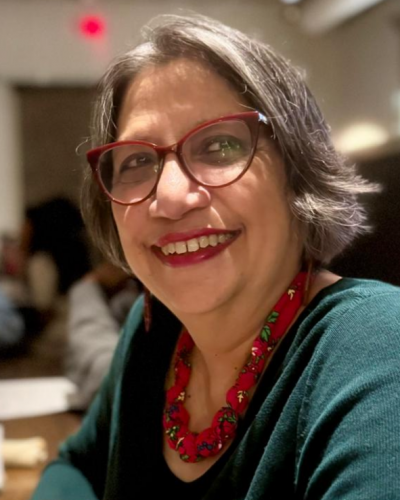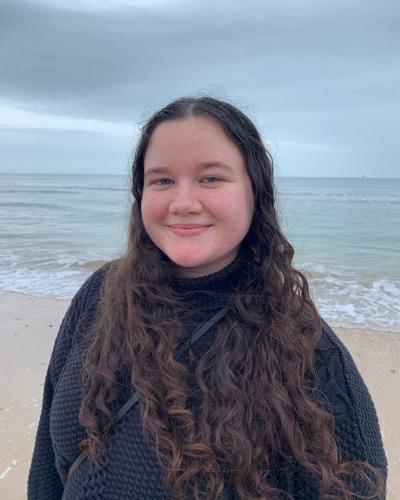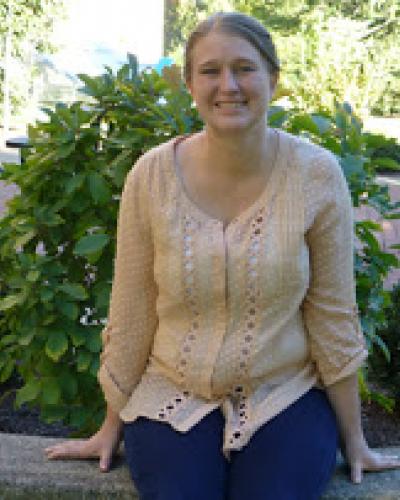Emeritus Faculty
Podcast: Proof of Progress: The Women in Bourbon Oral History Project
In early 2021, the Nunn Center and Dr. Janice Fernheimer partnered to launch the Women in Bourbon Oral History Project. This oral history project, built in collaboration with students, documents women who have played important roles in Kentucky’s bourbon industry. Doug Boyd and Janice Fernheimer reflect on this phase of the oral history project and some key themes expressed in the interviews.
GWS Awards Day
Join us for GWS' annual awards day where we will recognize the achievements of GWS students and faculty.
Justice on Trial- KYGWS Conference
We are excited to announce the 5th KYGWS Conference!
This year’s theme is “Justice on Trial.” As left-wing politicians and activists across the globe work for human rights and protections, right-wing parties have meanwhile paved the way for conservative laws that harm the bodily autonomy of women, people of color, LGBTQ+ people, and other marginalized communities. Anti-abortion laws, anti-trans laws, and encroachment on academic freedom are just a few examples of the injustices people are facing at this juncture.
With this landscape in mind, this year’s conference will address the theme of justice, considering issues faced worldwide, such as (but not limited to) human rights, accessibility, inclusivity, and autonomy.
- Keynote Speaker: Dr. Sameena Mulla, Emory University
- Registration Deadline: July 31
- Cost: Free for all University of Kentucky students and faculty
- Register Here: https://kygws.as.uky.edu/registration-form
Don’t miss out on this opportunity to contribute to meaningful conversations and connect with peers and experts in the field. Reserve your spot today!
Registration is now open. The deadline to register is July 31.
Register here: https://kygws.as.uky.edu/registration-form
The full conference schedule will be posted here and on the KYGWS conference website once finalized.
Access, Community, and Engagement
Mission and Commitment
The Department of Gender and Women's Studies aims to serve the university and the Commonwealth through promotion of equity and commitment to excellence.
We are committed to research and teaching about the lives, cultures, perspectives, and activities of women globally. We believe that what are commonly referred to as "women's issues" are societal issues that affect all individuals, regardless of gender.





































